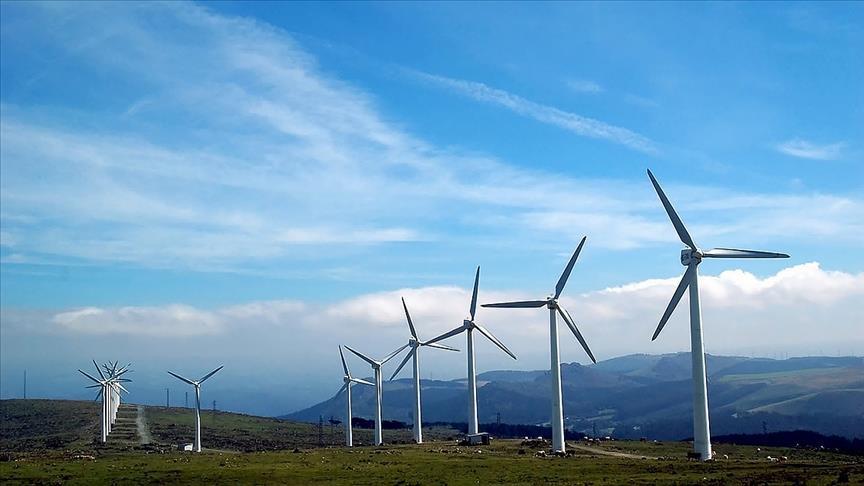European Union (EU) countries have raised their 2030 renewable energy target to 42.5% from 32% to increase the share of renewables in the bloc's energy consumption and shift away from Russian fossil fuels after Russia's invasion of Ukraine, the EU Council announced on Monday.
This regulation was prepared to meet the climate targets in the European Green Deal and to reduce energy dependence on Russia.
Within this target, it was determined that the proportion of renewable energies supplied to the transportation sector in 2030 would be restricted to contain a minimum of 1% renewable fuels of non-biological origin.
Under the rule, the transportation sector will establish a binding combined sub-target of 5.5% in the percentage of renewable energies for advanced biofuels derived from non-food-based feedstocks and renewable fuels of non-biological origin.
Meanwhile, member states agreed that 42% of the hydrogen used in industry should come from renewable fuels of non-biological origin by 2030 and 60% by 2035.
According to the directive, the industrial sector needs to increase the use of renewable energy annually by 1.6%.
The new rules also set an indicative target of at least a 49% renewable energy share in buildings in 2030, while permit procedures for renewable energy projects will be accelerated.
Currently, the share of renewable resources out of total energy consumption in EU countries amounts to around 22%.
'This is a great achievement in the framework of the 'Fit for 55' package, which will help to achieve the EU's climate goal of reducing EU emissions by at least 55% by 2030,' the Spanish Acting Minister for the Ecological Transition, Teresa Ribera, was quoted as saying in the statement.
'It is a step forward that will contribute to reaching the EU's climate targets in a fair, cost-effective and competitive way,' Ribera added.
- Aviation sector will be decarbonized
EU member states have also approved increasing the use of sustainable fuels in the aviation sector.
The council has adopted a new law that includes binding targets that will increase the use of sustainable fuels to reduce greenhouse gas emissions in this sector.
Accordingly, sustainable fuels will be promoted to reduce emissions in the aviation field and to increase demand and supply of sustainable fuels for aircraft.
The infrastructure of airports in EU countries will be harmonized with sustainable fuels.
According to the decision, 2% of aviation fuels will be sustainable in 2025, 6% in 2030 and 70% in 2050.
Aviation fuels will need to have a minimum of 1.2% synthethic fuels by 2030, with this proportion increasing to 35% by 2050.
The new rules, approved by the European Parliament (EP), will enter into force after their publication in the Official Journal of the EU.
By Duygu Alhan
Anadolu Agency
energy@aa.com.tr


